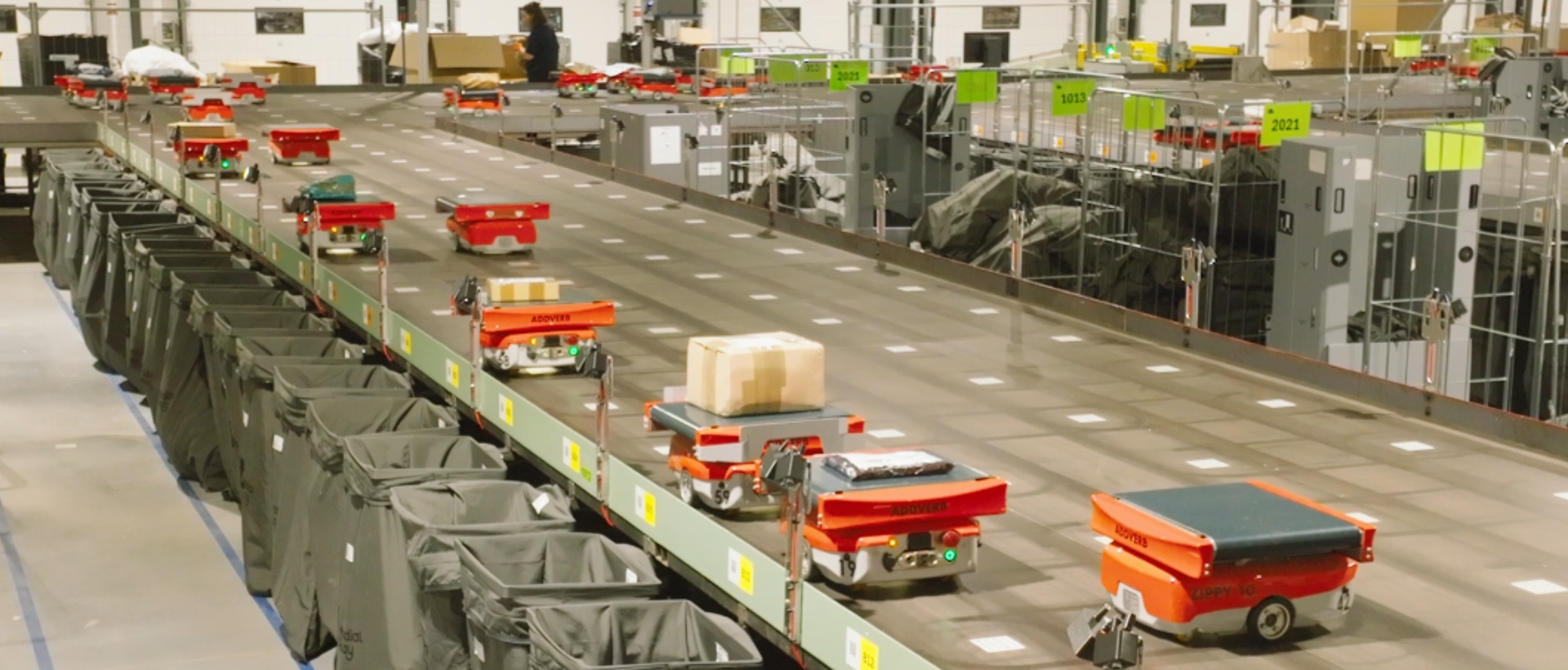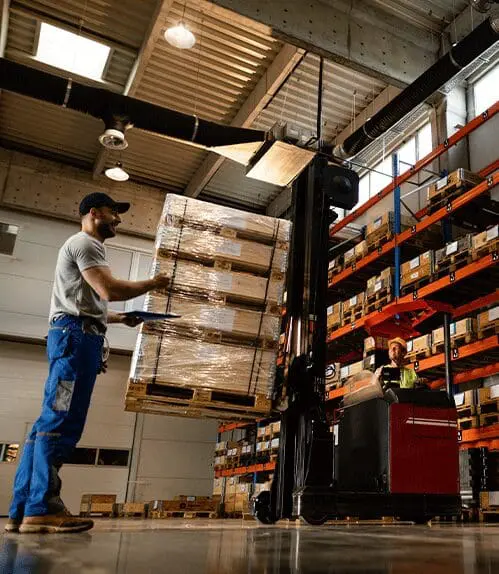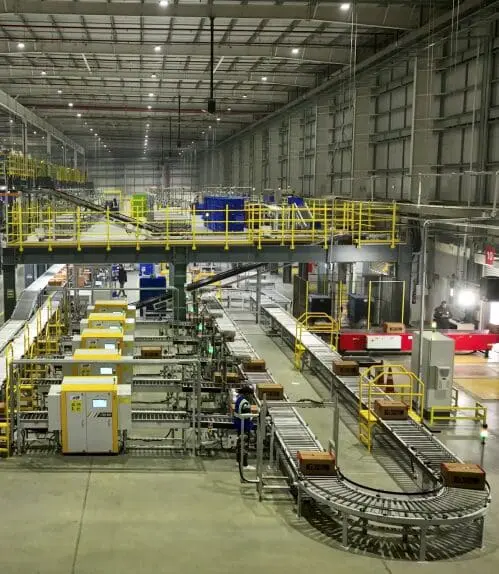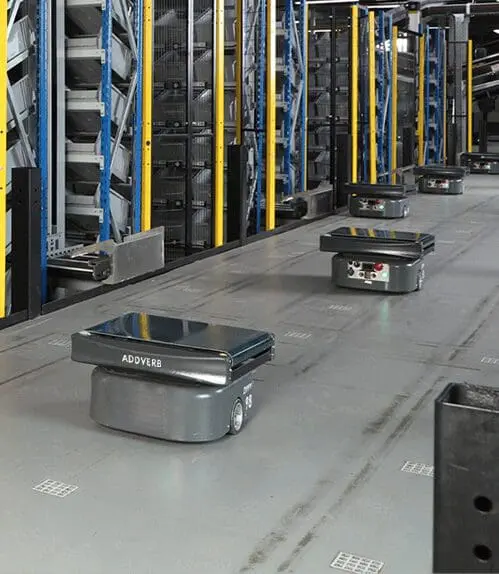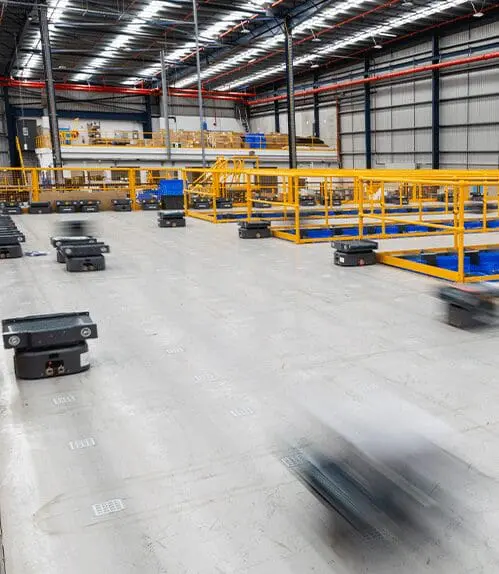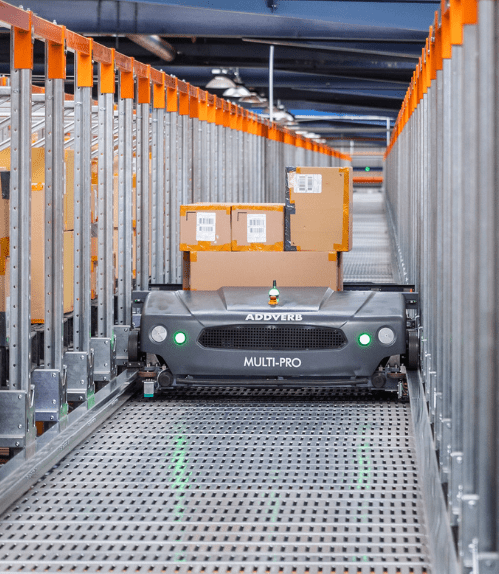Table of Contents
From 3 days delivery to 20 minutes deliveries, pharmaceutical landscape is shifting along with the technology efficiency and precision are critical to success. The demand for rapid production, accurate distribution, and strict regulatory compliance has driven the adoption of warehouse automation as a crucial solution in the pharmaceutical industry. By streamlining processes and minimizing human error, automation in pharma ensures lifesaving medications are delivered promptly and safely.
Why Warehouse Automation is Critical for Pharma Industry?
Pharmaceutical companies face unique challenges, such as managing temperature-sensitive products, adhering to stringent regulations, and handling high-risk materials. The following are key factors driving the need for automation in pharma:
- Stringent Regulatory Requirements: Compliance with standards like GMP and GDP requires precise control over every stage of the supply chain. Automation helps companies stay compliant without overburdening human resources.
- Rising Demand for Faster Fulfillment: The increasing need for rapid medication delivery, especially in times of health crises, pushes pharma companies to embrace automated solutions for better lead times.
- Workforce Safety and Contamination Control: Automated systems reduce direct human interaction, lowering the risk of contamination in sterile environments, which is critical in pharma production and storage.
Must Have Technologies For Warehouse Automation in Pharma
Automation in Pharma industry integrates several advanced technologies that work harmoniously to streamline operations. Here are the critical technologies making this transformation possible:
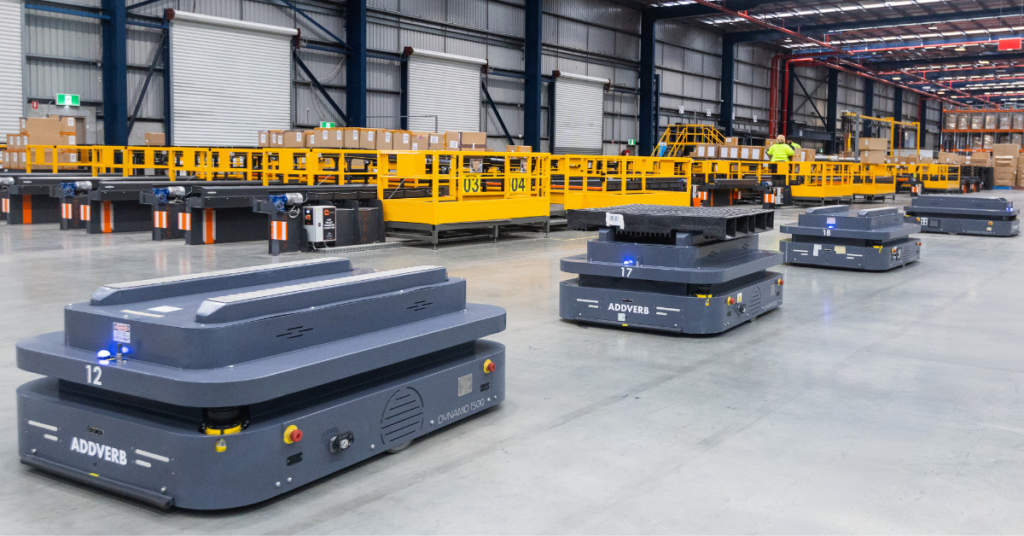
- Autonomous Mobile Robots (AMRs): AMRs efficiently transport goods across warehouses, optimizing the flow of materials and reducing downtime.
- AI and Machine Learning: These technologies allow warehouses to optimize picking routes, predict demand, and identify inefficiencies in real-time.
- Radio Frequency Identification (RFID) and Barcoding: These technologies ensure accurate tracking of pharmaceutical products, reducing the risk of errors in inventory management and order fulfillment.
- ASRS: Automated Storage and Retrieval Systems maximize storage capacity while enabling fast, accurate retrieval of pharmaceutical products, ensuring efficient inventory management.
7 Key Benefits of Warehouse Automation in Pharma
Improved Accuracy and Precision
Automated systems ensure near-perfect accuracy in picking, packing, and shipping, which is vital in avoiding costly and dangerous errors in medication distribution.
Enhanced Operational Efficiency
Automation allows 24/7 operations, significantly reducing downtime and improving order fulfillment speed, essential for meeting patient needs.
Real-Time Inventory Visibility
Continuous monitoring of stock levels, expiration dates, and storage conditions helps reduce waste and optimize inventory, preventing shortages or overstocking.
Regulatory Compliance
Automation tracks every step in the supply chain, generating the detailed logs required for GMP and GDP compliance, easing the burden of regulatory audits.
Reduced Human Contact and Contamination Risk
Automated handling and sorting of pharmaceutical products minimize human contact, which is crucial for maintaining hygiene and preventing contamination.
Cost Efficiency
The long-term cost savings from reduced labor, fewer errors, and optimized space usage make warehouse automation a profitable investment for pharmaceutical companies.
Scalable and Flexible Operations
Automated systems allow for quick adaptation to changes in demand, enabling pharma companies to scale their operations without significant overhead.
Overcoming Challenges in Implementing Pharma Warehouse Automation
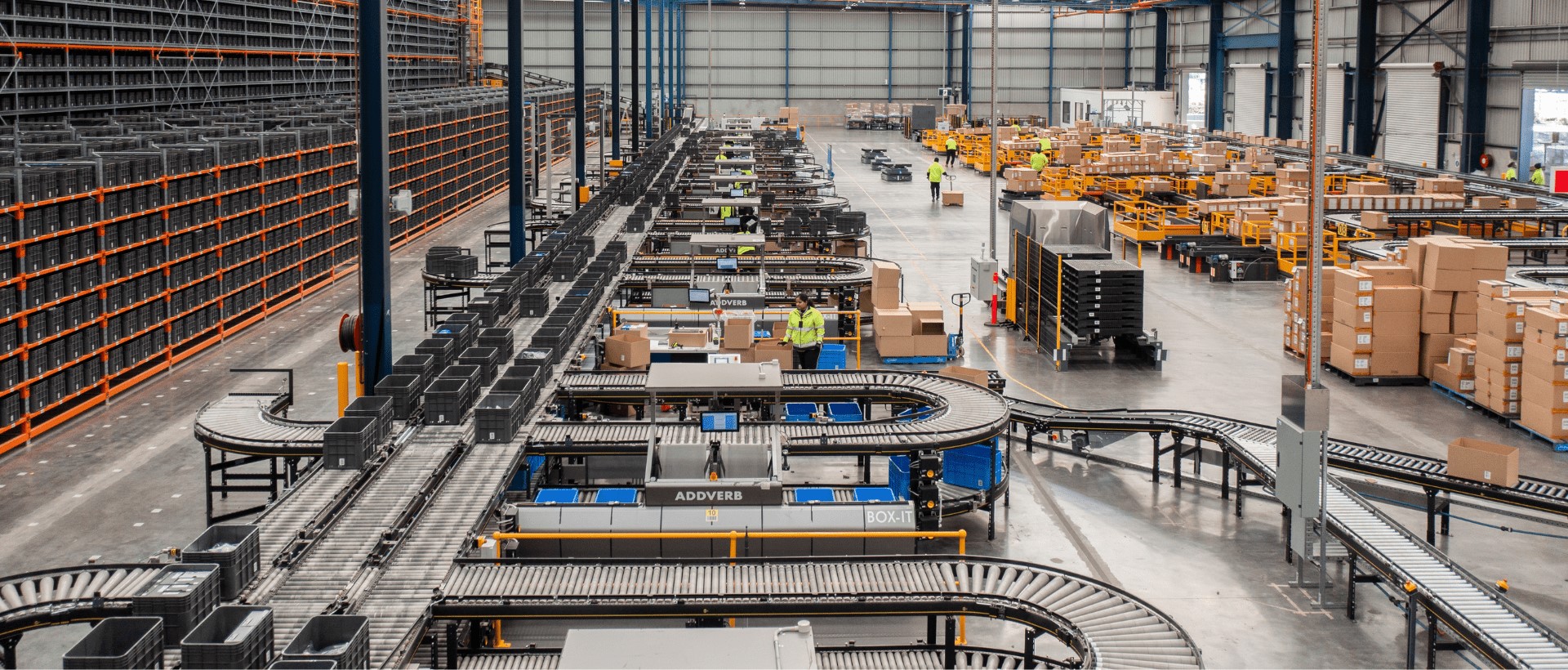
Despite its clear benefits, warehouse automation in pharma also presents challenges that companies must address:
- High Initial Investment: While automation leads to long-term savings, the upfront costs can be significant. However, many companies are finding the ROI justifies the initial expenditure.
- System Integration: Ensuring new automation technologies integrate smoothly with existing systems, such as Warehouse Management Systems (WMS), can be complex.
- Staff Training: Automation in pharma changes workflows, and staff must be trained to work alongside the new technologies to maximize efficiency and minimize disruptions.
Pharmaceutical companies can overcome these challenges by partnering with experienced automation providers, ensuring thorough planning, and gradually scaling up automation in pharma to align with operational goals.
Future of Warehouse Automation in Pharma
The future of pharma warehousing lies in the continued advancement of automation technologies. As AI, machine learning, and IoT (Internet of Things) continue to evolve, pharma warehouses will become even smarter, with predictive analytics playing a larger role in inventory management and demand forecasting. The industry is on the cusp of fully autonomous warehouses that can operate with minimal human intervention, delivering life-saving medications with even greater speed and accuracy.
Warehouse automation in pharma is more than a trend in the industry it’s a necessity for staying competitive and compliant. From improved accuracy to enhanced scalability, the benefits of automation in pharma are clear. As technologies continue to evolve, those who embrace automation now will be better positioned to meet future challenges and ensure the safe, efficient distribution of medications.
FAQ
What role does automation play in enhancing pharmaceutical warehouse efficiency?
Automated systems streamline processes such as picking, packing, and material handling, increasing speed and productivity while reducing reliance on manual labor.
How does automation support regulatory compliance in the pharma industry?
Automated systems provide accurate tracking, traceability, and reporting capabilities that help meet stringent regulatory requirements, such as Good Manufacturing Practices (GMP) and FDA guidelines.
How can warehouse automation help reduce costs in pharmaceutical logistics?
Automation lowers labor costs, minimizes errors, reduces material wastage, and optimizes storage space, all of which contribute to significant cost savings.
Does automation improve product safety in pharma warehouses?
Yes, automated systems handle products with precision, ensuring proper storage conditions and minimizing the risk of contamination or damage, thereby enhancing product safety.
What are the scalability benefits of warehouse automation for pharma companies?
Automation solutions are scalable, allowing pharma companies to easily expand or adapt their operations to accommodate business growth or changes in demand without disrupting workflows.
Founded in 2016, Addverb offers complete robotics solutions for warehouse and industrial automation, with a strong global presence through its subsidiaries worldwide. The company provides a range of in-house automation products, including Autonomous Mobile Robots, ASRS, and sorting technologies. It serves over 350+ clients, including well-known companies such as Coca-Cola, Amazon, and DHL.
